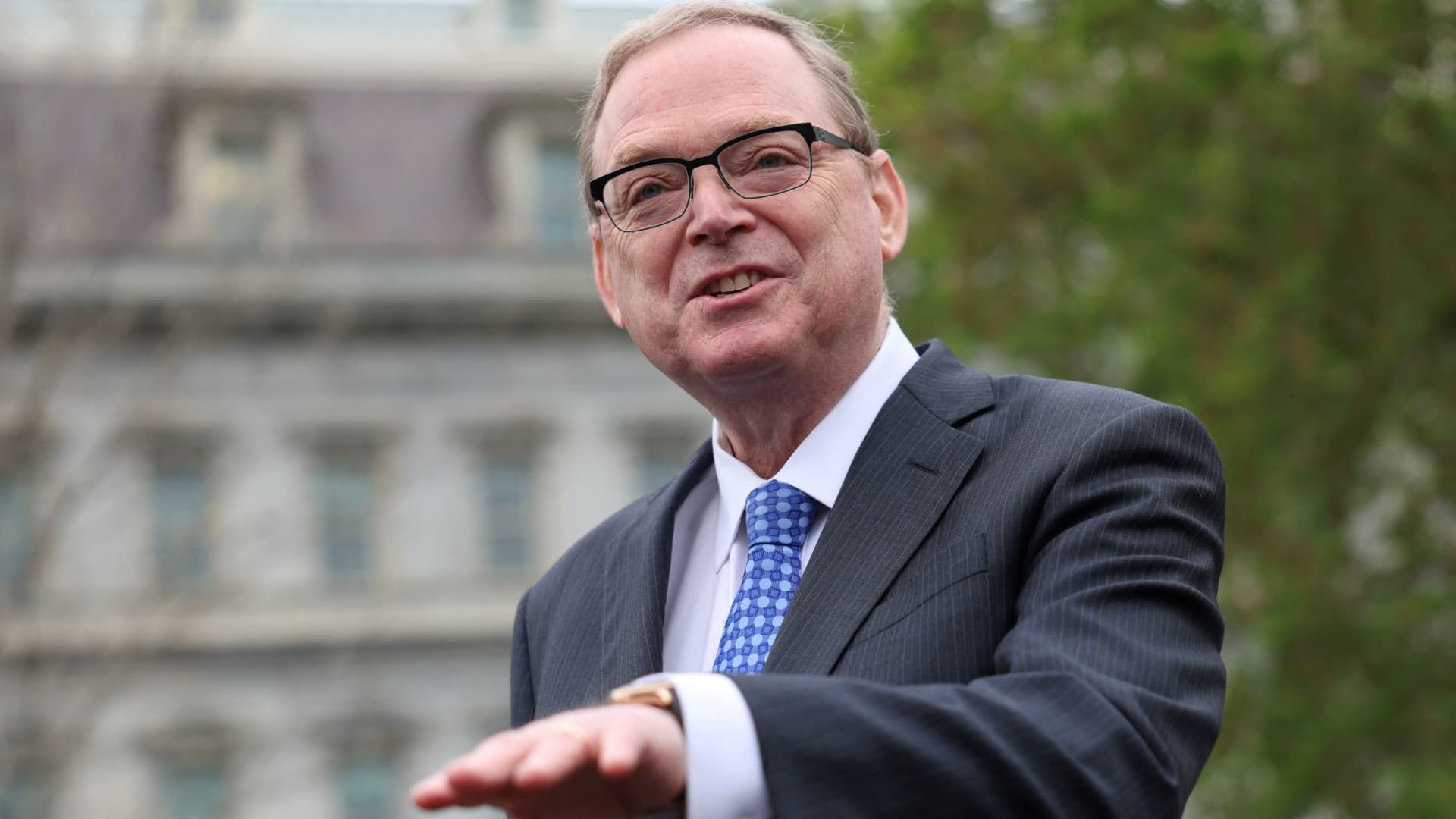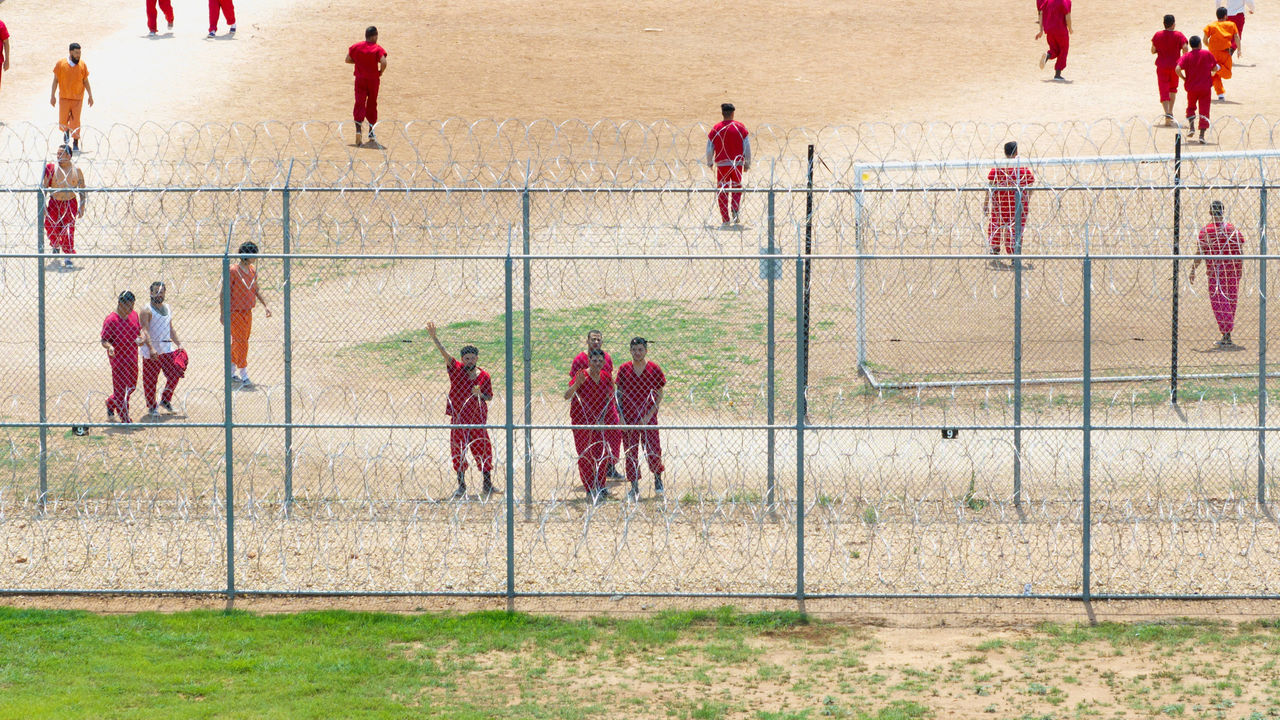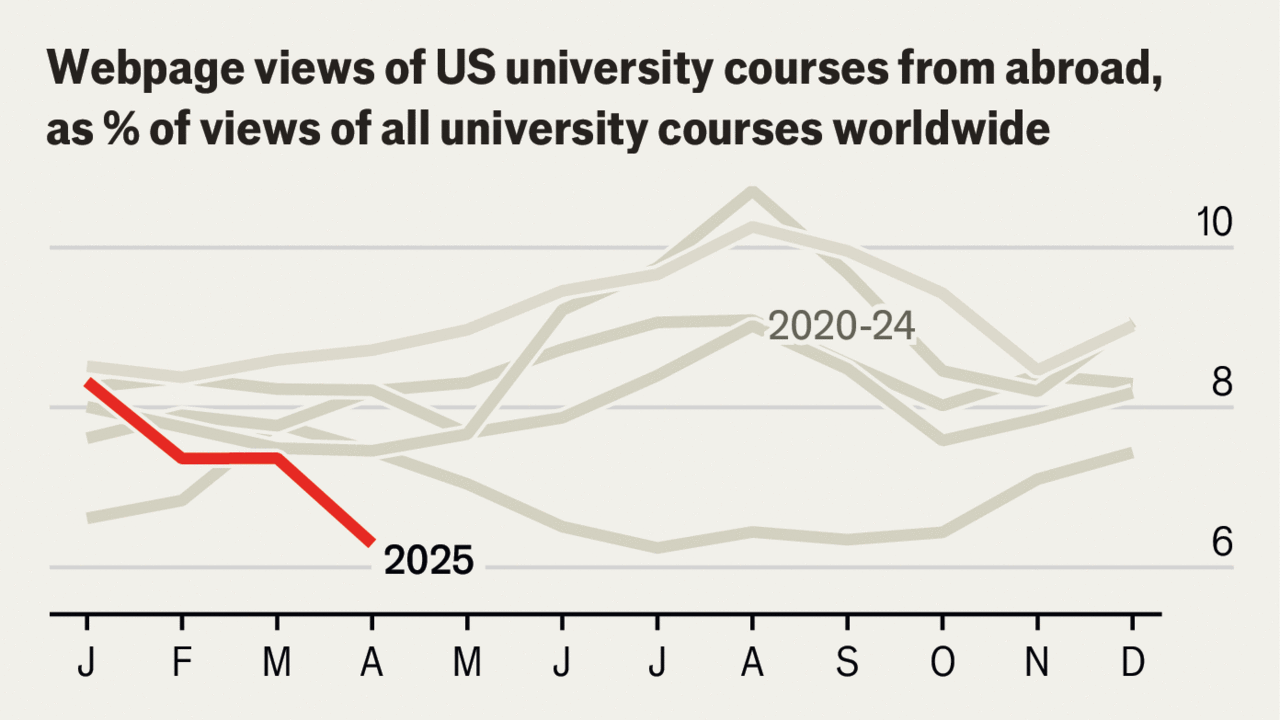With concerns running high that President Donald Trump’s tariff policies will aggravate inflation, a report Wednesday could deliver some mildly encouraging news.
The consumer price index for February is forecast to show an increase of 0.3% for a broad array of goods and services across the largest economy in the world. That projection holds both for the all-items measure and the core index that excludes volatile food and energy prices.
On an annual basis, that would put headline inflation at 2.9% and the core reading at 3.2%, both 0.1 percentage point lower than in January.
The good news is those rates represent a continuation of a steady but quite slow drawdown in the inflation rate over the past year. The bad news is that both also are still well above the Federal Reserve’s 2% goal, likely keeping the central bank on hold again when it meets next week.
“We expect broad-based deceleration, with weaker core goods and services,” Morgan Stanley economist Diego Anzoategui said in a note. “Why still elevated? For three reasons: (1) we expect used car prices rise because of past wildfires, (2) according to our analysis, certain goods and services show residual seasonality in February, and (3) we think supply constraints keep airfares inflation elevated in February.”
The big question now is where things head from here.
Trump’s tariff moves have stirred market worries of both rising inflation and slower economic growth. With Fed officials historically more attuned to the inflation side of the dual mandate for price stability and full employment, a prolonged period of high prices could put the Fed on the sidelines for longer.
However, Federal Reserve Chair Jerome Powell and his colleagues have indicated that in their view, tariffs historically have been one-off price increases and not fundamental inflation drivers. If that’s also the case this time, policymakers might look through any price blips from trade policy and continue to lower rates, as markets are projecting this year.
Goldman Sachs economists expect the Fed to stay on hold until policy comes into clearer view, then likely lower the central bank’s benchmark lending rate by a half percentage point later this year.
“We see further disinflation in the pipeline from rebalancing in the auto, housing rental, and labor markets, though we expect offsets from catch-up inflation in healthcare and a boost from an escalation in tariff policy,” the firm said in a note.
The Bureau of Labor Statistics will release the CPI report at 8:30 a.m. ET.

 Accounting1 week ago
Accounting1 week ago
 Economics1 week ago
Economics1 week ago
 Personal Finance1 week ago
Personal Finance1 week ago
 Accounting1 week ago
Accounting1 week ago
 Finance7 days ago
Finance7 days ago
 Economics1 week ago
Economics1 week ago
 Economics1 week ago
Economics1 week ago
 Economics1 week ago
Economics1 week ago




















